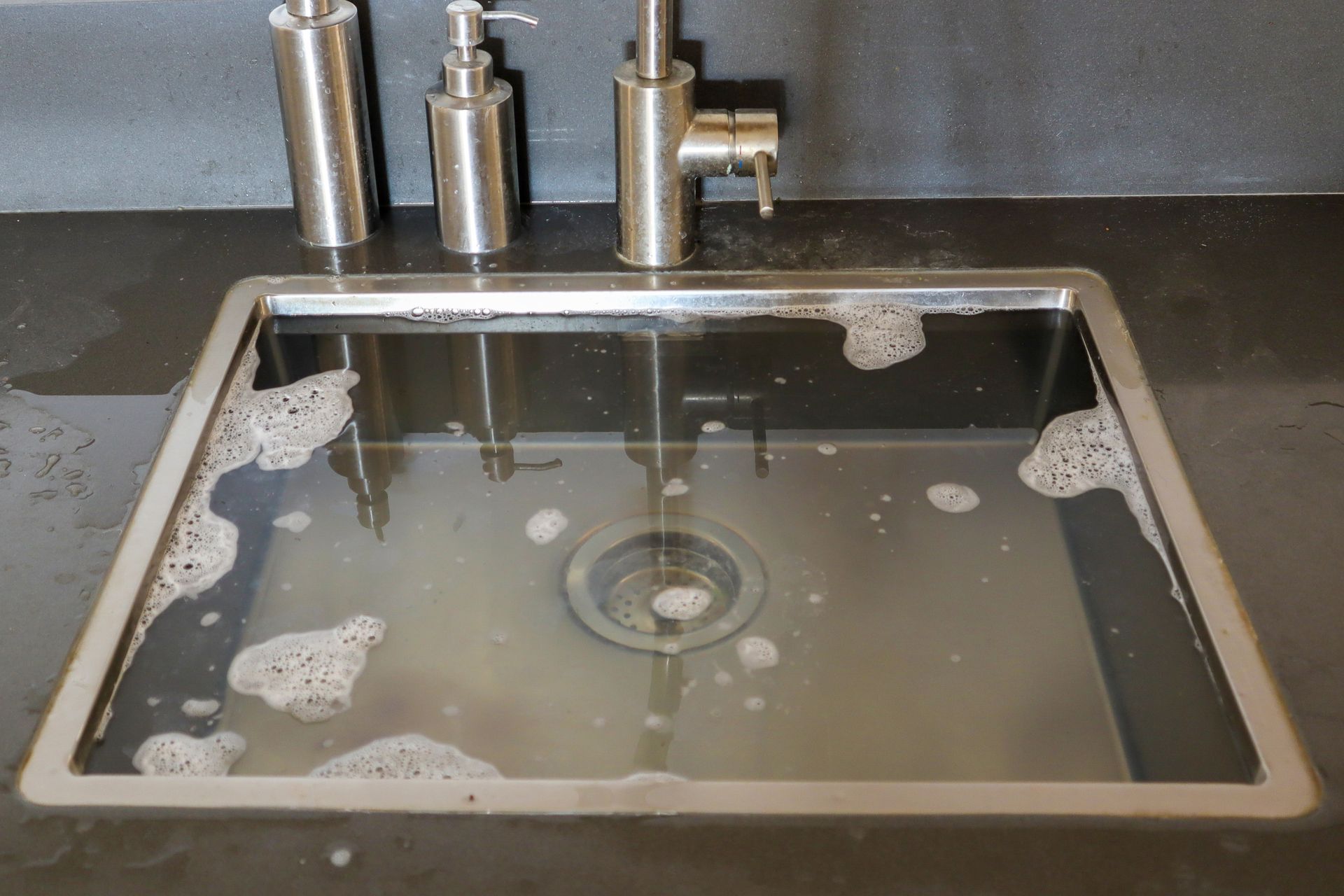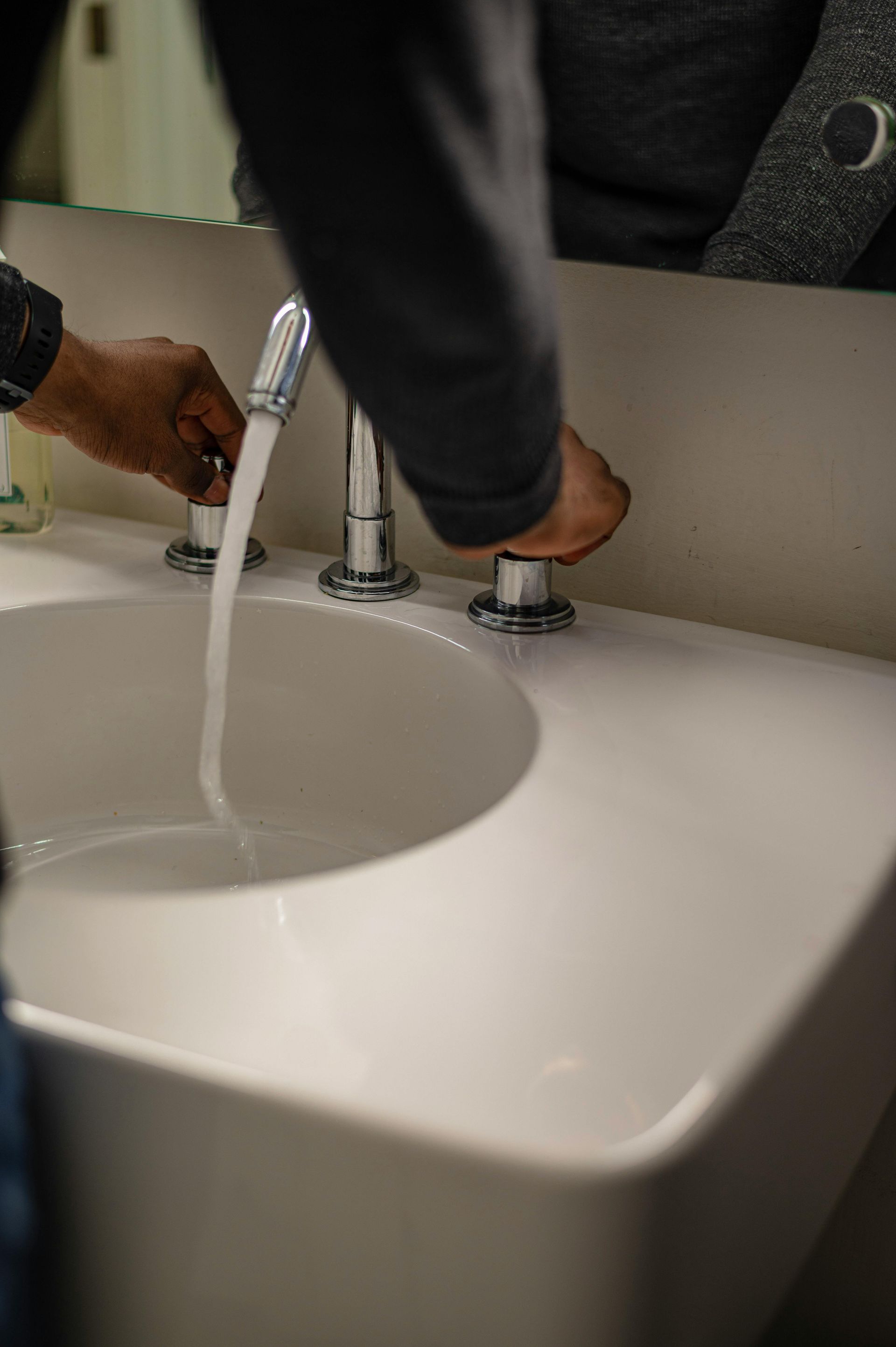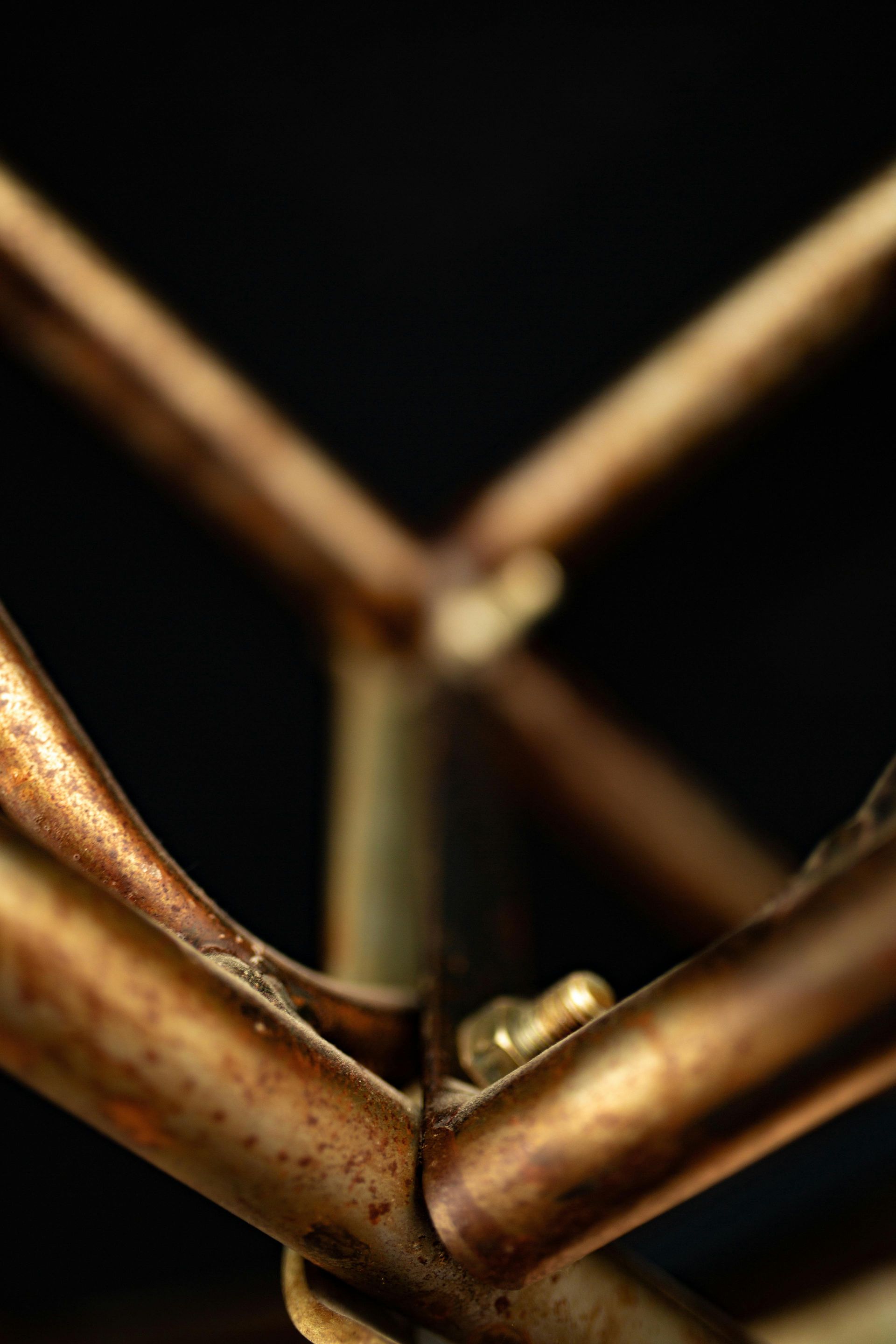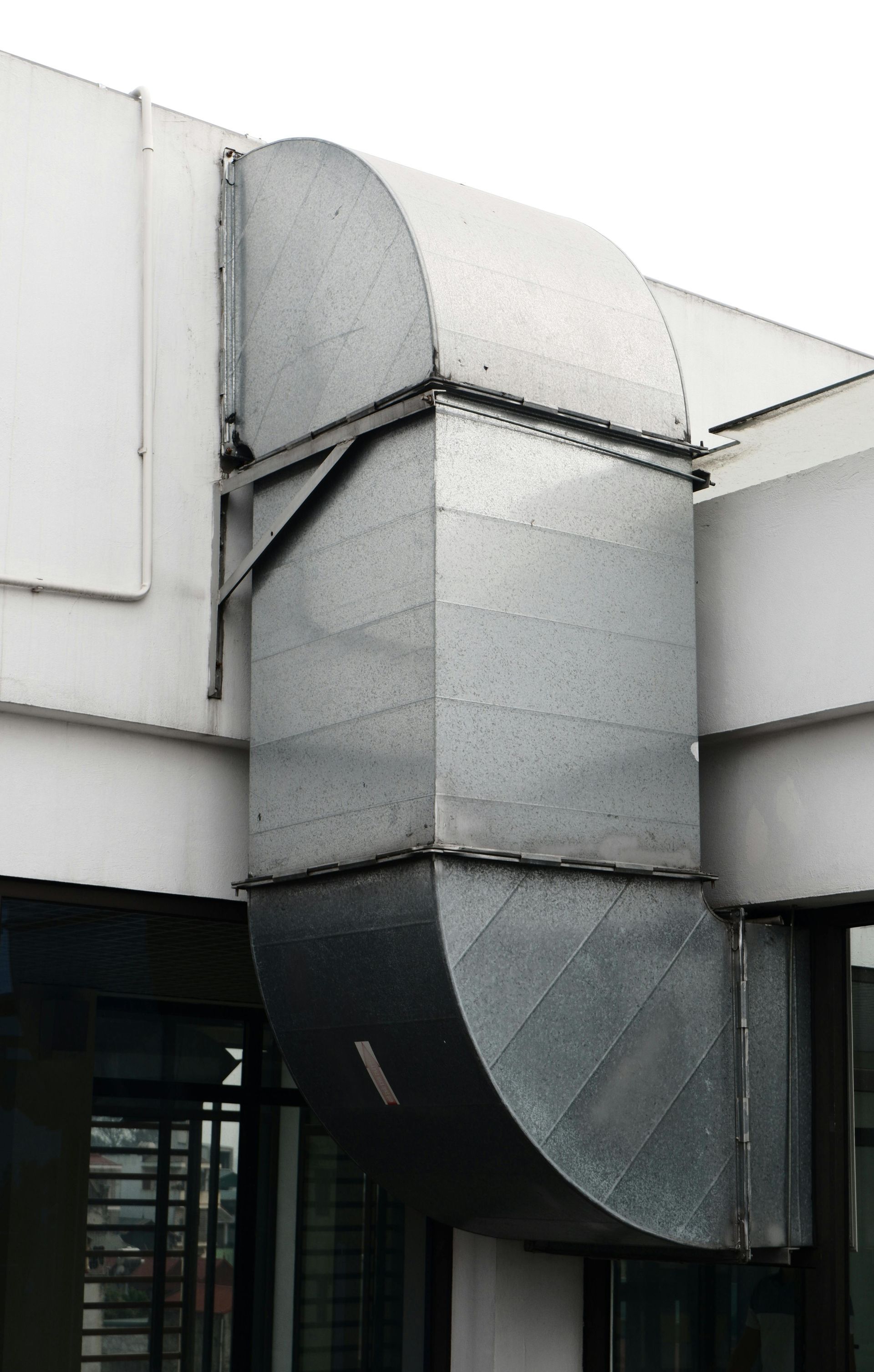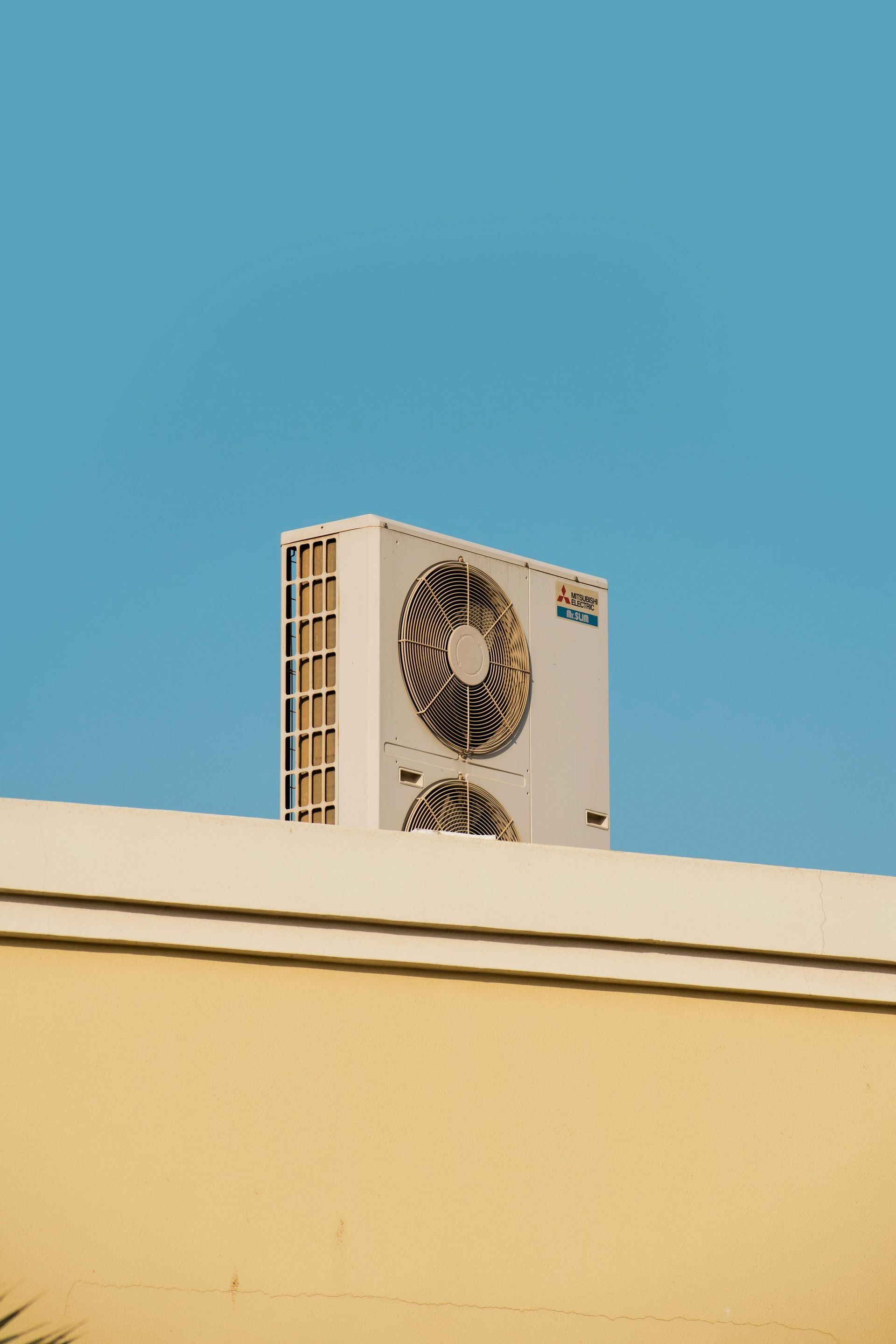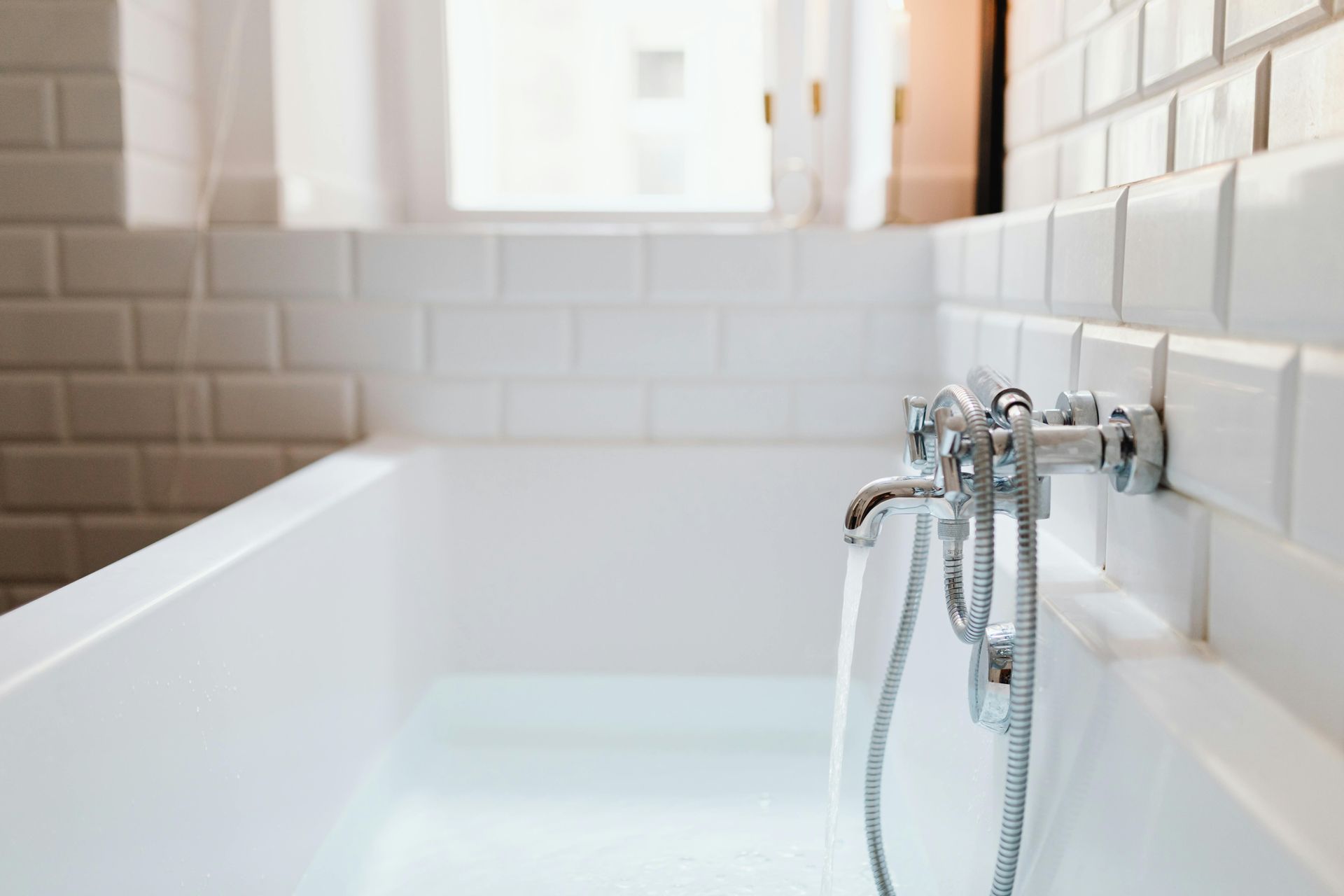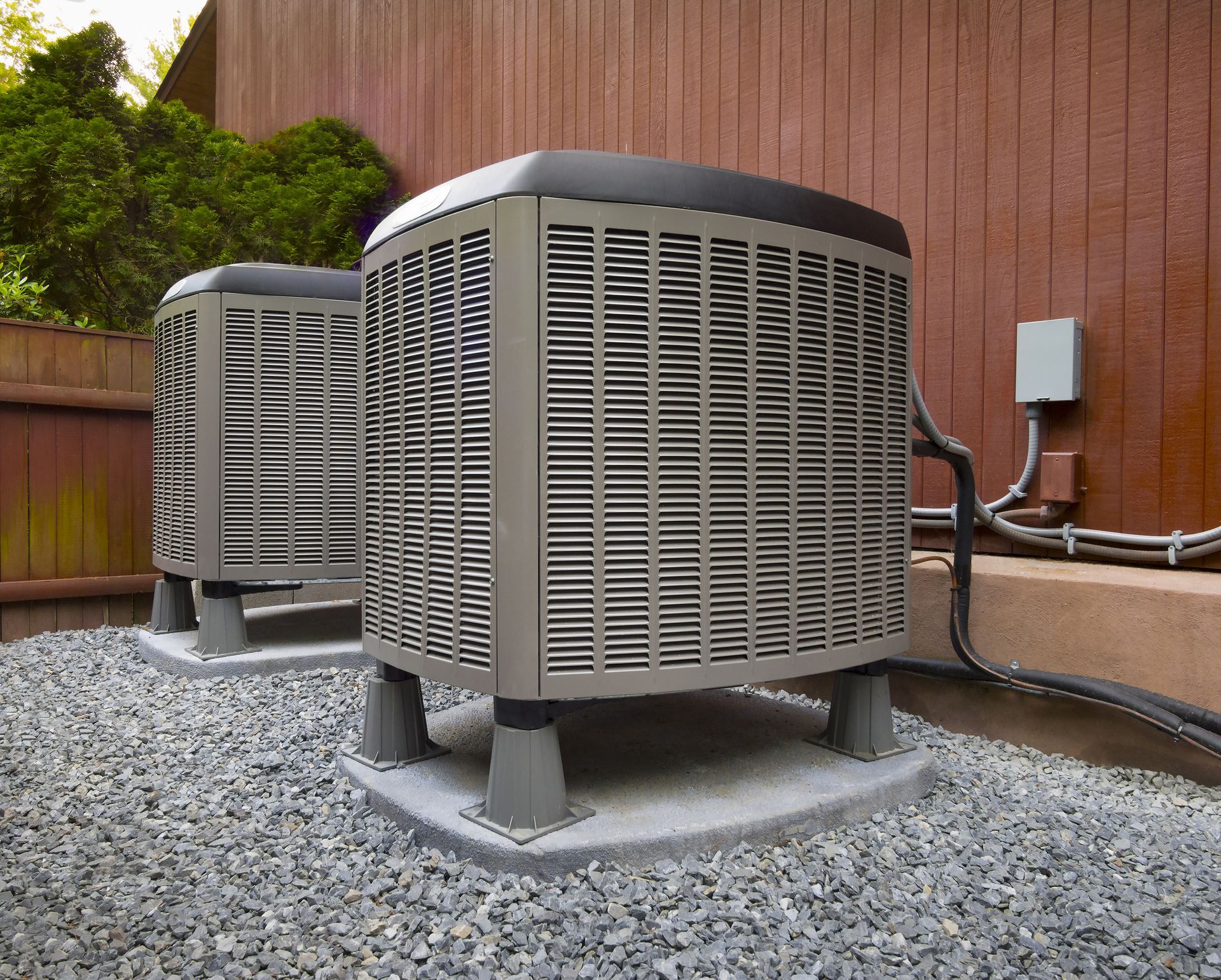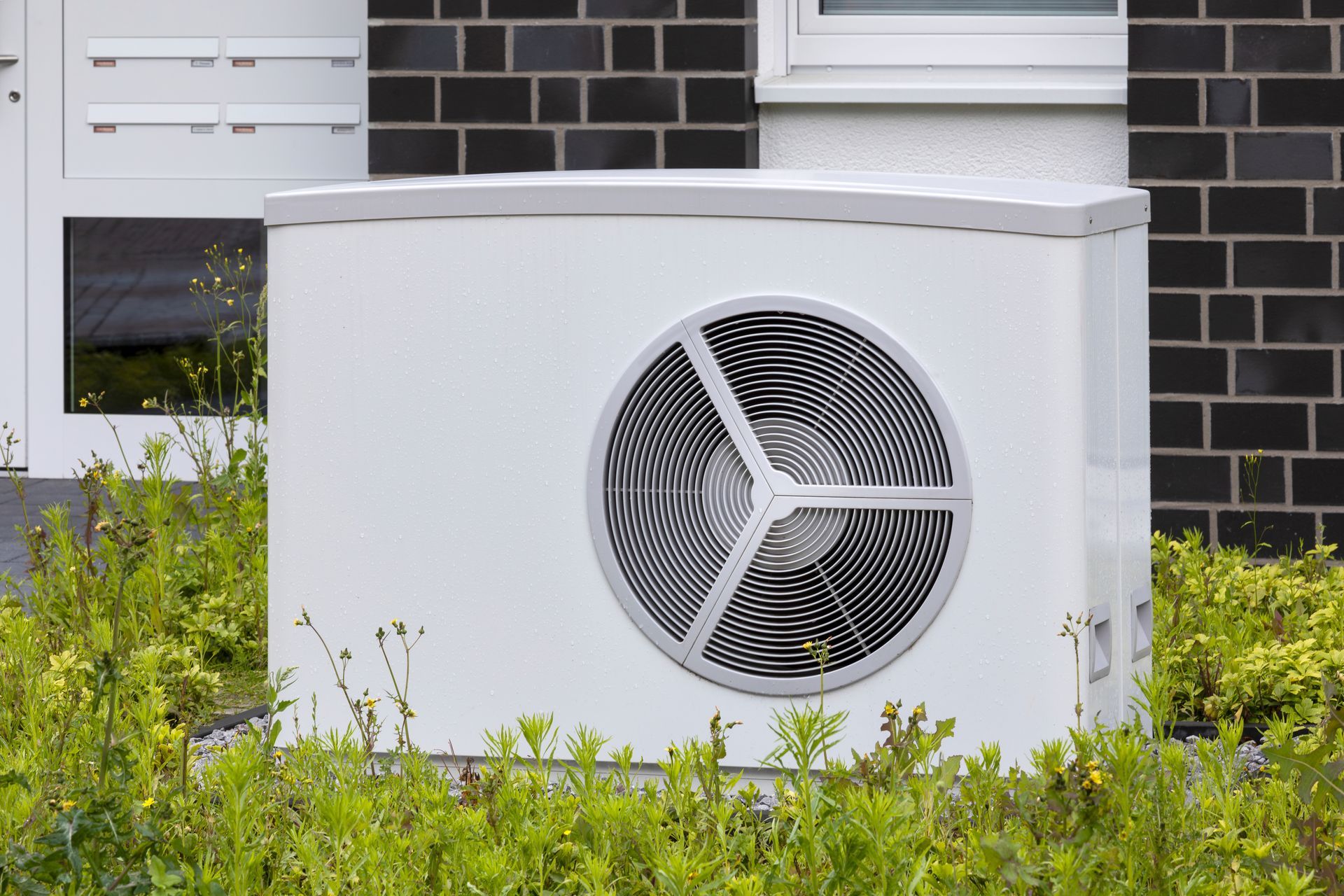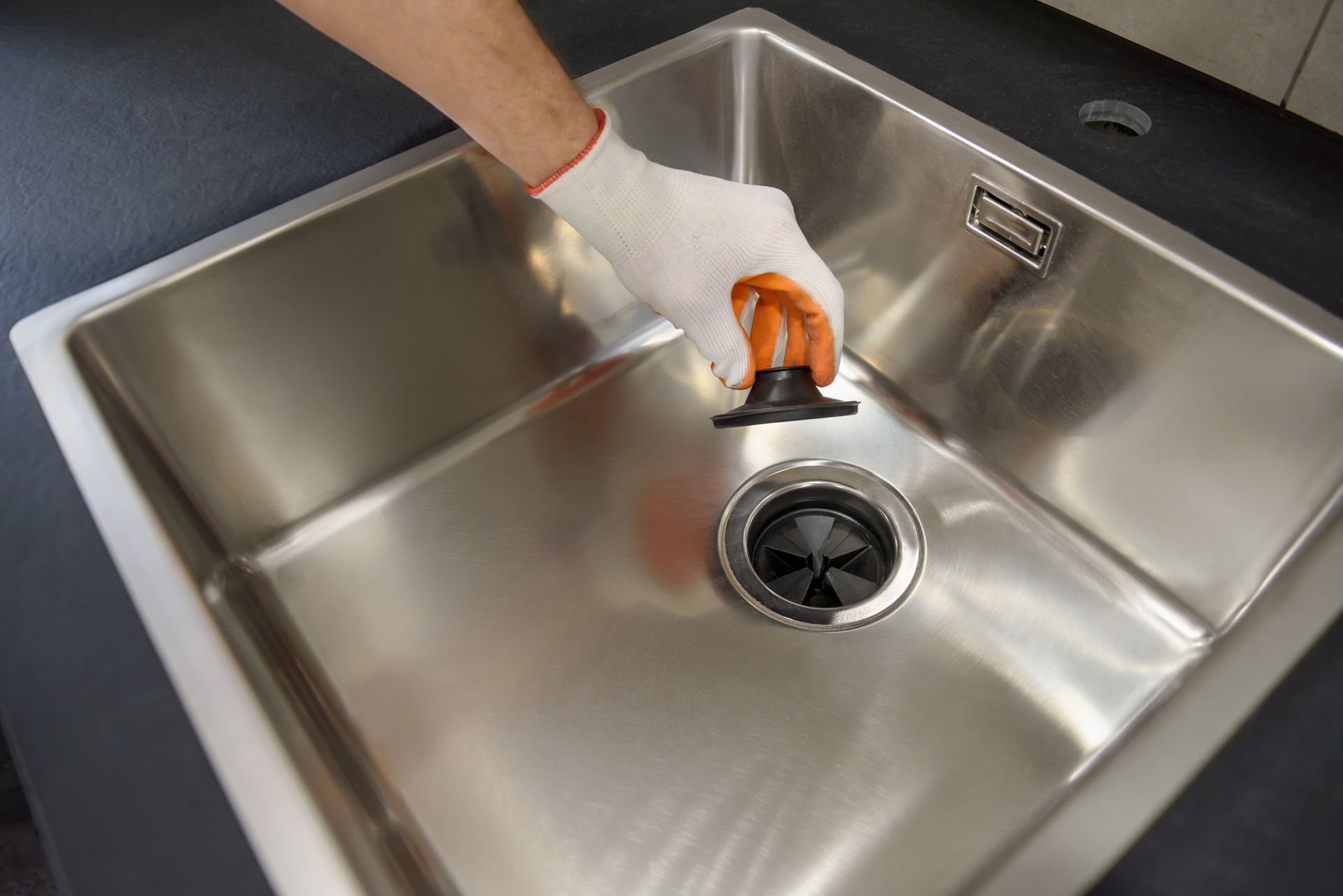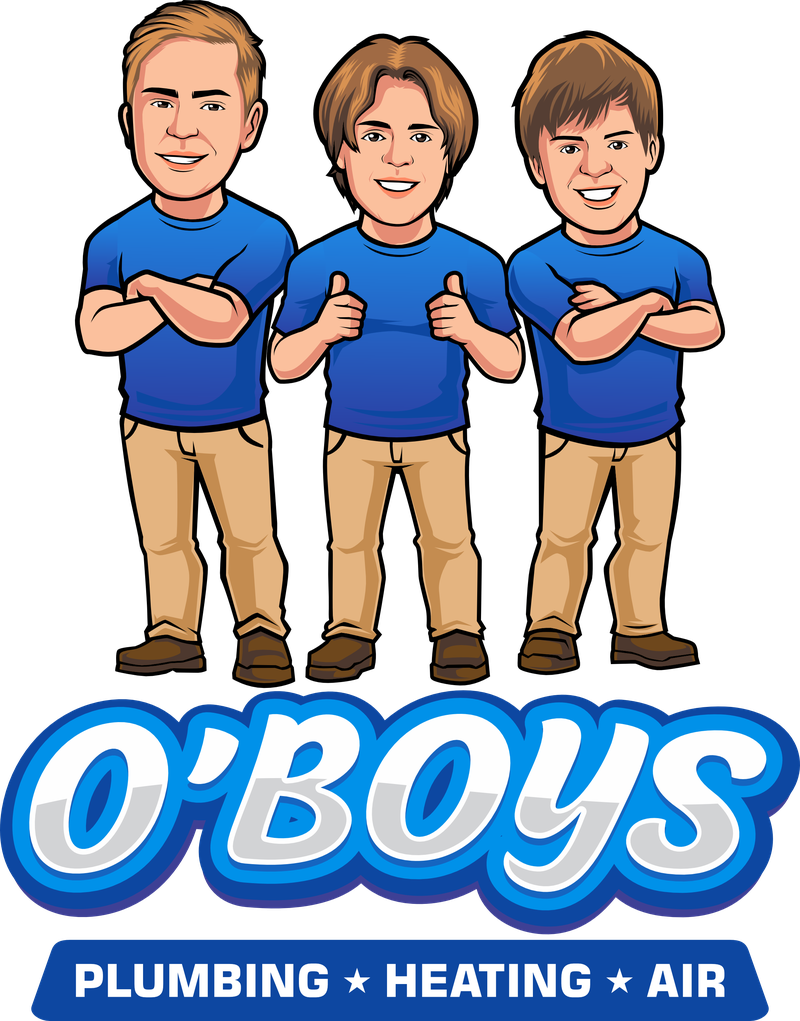Traditional water heaters store and heat water in a tank. Tankless or on-demand water heaters heat water as it is needed. That allows for a virtually unlimited hot water supply, which has made them a popular home improvement trend. Let’s compare the options to determine which is best for your household.
Sizing Tanked and Tankless Water Heaters
There are considerable differences when sizing traditional and on-demand water heaters. The average U.S. household has a 40- to 50-gallon tank. There are smaller tanks for individuals and couples as well as 100-gallon and larger tanks for big households.
Your water heater services provider will usually start with a guideline based on the number of people in the home. The installer can then adjust it upward based on the number of bathrooms and major water-using appliances.
The industry measures tankless water heaters in flow rate, specifically gallons per minute (GPM). Each fixture and water-using appliance in a home requires a certain flow rate. You need a system flow rate that exceeds the household’s peak demand. Peak demand is the combined GPM of all the fixtures and appliances you’ll use at any given time. If the system flow rate is below that level, you’ll experience low water pressure, delays, and other issues.
Another factor is temperature rise. Rise is the temperature difference between your water supply and hot water. Tankless water heaters provide a lower flow rate at a higher rise. This is why homes generally require more powerful systems in colder climates.
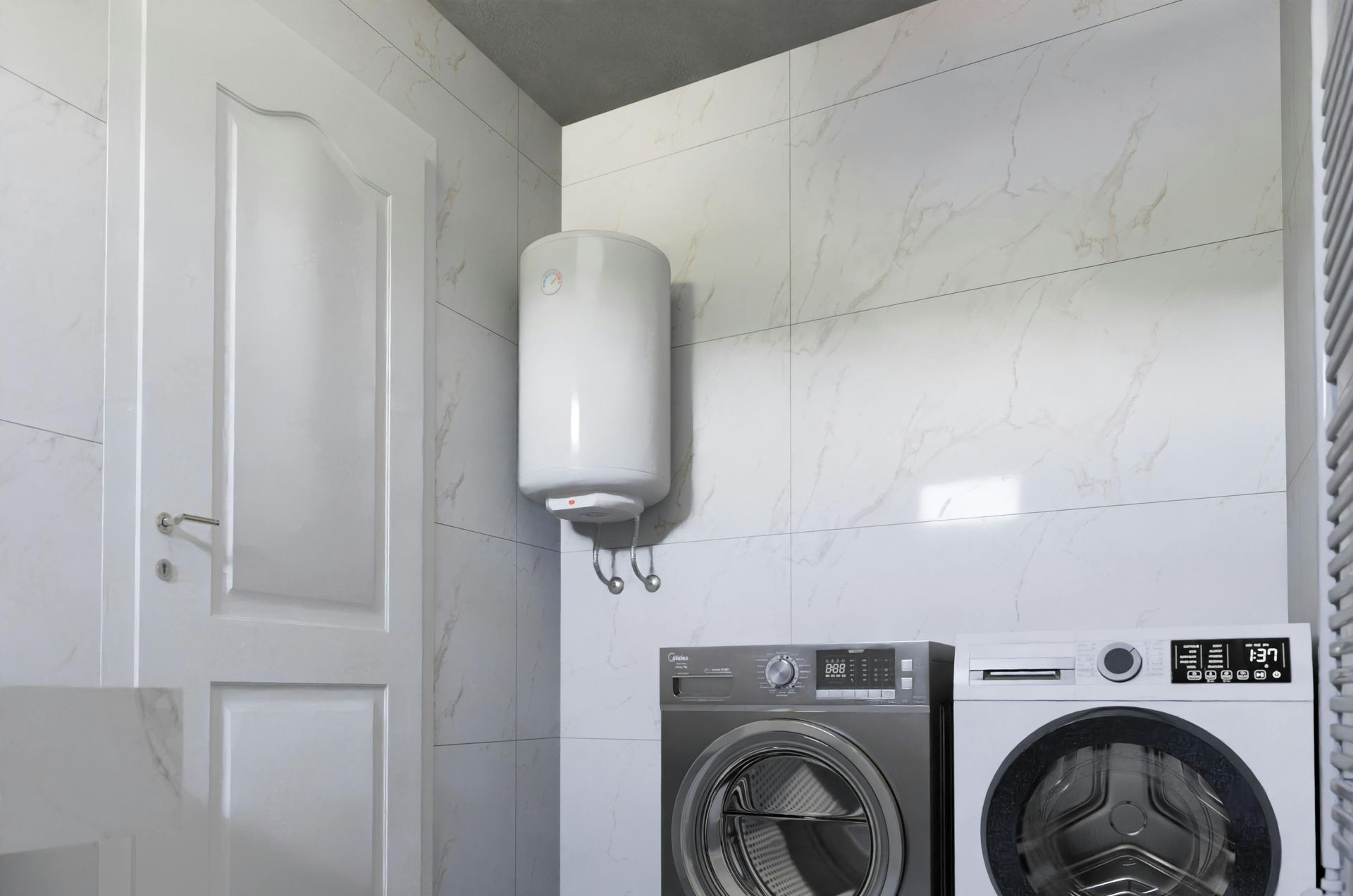
Installation Requirements
Tank water heaters require more space. Many homes have dedicated water heater closets or opt for tall, thin tanks to minimize the space used in garages. Tankless systems require very little space. Many people install them in attics, on garage walls, and even outside in warmer climates.
Tankless water heaters have considerably higher power demands than their tank counterparts. That’s even true for fuel-burning models, which typically have electric ignition systems. This can be a big consideration if you have an older electrical panel. You may be able to install a new tank water heater with the panel as is, but if you upgrade to a tankless model, you may have to upgrade the panel, add surge protection, and add other enhancements.
There’s often some plumbing conversion involved as well. Plumbers will often have to replace the gas line with a larger-diameter pipe and perhaps add a pressure relief valve. In older houses, it may be necessary to upgrade some of the water plumbing to accommodate the new system. You can sidestep this requirement with an outdoor installation, but that may not be an option if you live in a cold climate.
Equipment and Installation Costs
Traditional water heaters are less expensive because they’re simpler. On-demand systems have more sophisticated components, which is one reason you can expect to spend roughly 50% more. Another reason is the installation process, which takes longer and is more complex. There is finer calibration involved, and not all plumbers can install these systems. Your costs may be even higher if you need any of the conversions mentioned earlier. That includes upgrades to your gas piping, water plumbing, and electrical system.
Carbon Footprint and Operating Costs
Traditional water heaters involve inherent inefficiencies. The system has to heat water and maintain that temperature for eventual usage in the future. That isn’t the case with on-demand systems, which only consume energy when you’re using hot water. This results in a lower household carbon footprint and lower month-to-month electricity and fuel costs.
How much less depends on how much hot water you use. The Department of Energy estimates 24% to 34% less for the average household, which uses 41 gallons of hot water or less daily. With increased usage, efficiency falls. It can drop to as low as 8% to 14% at around 86 gallons daily.
The Option to Oversize
Would you like added hot water capacity for the holidays and when hosting parties? Oversizing isn’t a practical option with tanked systems because you’d pay for the added capacity daily. With tankless models, you pay at the time of purchase and when using it but not in between.
Total Cost of Ownership
While tankless systems cost more initially, they cost less over the life of the equipment. The average household with a fuel-burning system will save at least $100 a year. Rebates, tax credits, and other energy incentives are often bigger with tankless systems. The other consideration is that tankless models last longer. Traditional water heaters generally last 10 to 15 years. On-demand water heaters, on the other hand, last 20 to 25 years.
Water Hardness
Water hardness is an indication of how much calcium and magnesium there is. These minerals are problematic because they lead to mineral deposits and promote rust. Hard water is a serious concern for all water heaters but on-demand systems in particular.
Even with annual descaling, the hard water can dramatically reduce your system’s lifespan. There are ways to protect against it, but they require additional costs you’ll have to factor in. With hard water, you’ll at least need an anti-scale add-on for the water heater itself. Some homeowners may prefer a whole-home water softener that protects the entire plumbing system.
Maintenance
Some consumers worry that tankless water heaters are more difficult and expensive to maintain, but this generally isn’t the case. For both types, the industry recommends annual preventative maintenance. Traditional water heaters require regular flushing of the tank and periodic anode rod replacement. On-demand water heaters require regular descaling of the entire system and periodic filter replacement. Our Cozy Home Club™ takes care of tune-up scheduling and makes maintenance easy regardless of which type you have.
Warranties
Manufacturers expect longer lifespans from their tankless water heaters, which you’ll see reflected in the warranties offered. Most tank water heaters have six-year warranties. Tankless water heaters generally have 12-year warranties, and there are even models with 25-year protection. You’ll often find longer and more robust extended warranties with on-demand systems as well. Be mindful that with both tank and tankless models, routine maintenance is typically a condition of the coverage.
Are Tankless Water Heaters Better Than Tanked?
Beyond the context of an individual household, tankless water heaters are better. They have a lower environmental impact, cost less to run, and deliver a practically endless hot water supply. That said, the comparison is rarely that simple for the average homeowner. Budget is a significant factor, and rebates and other energy incentives may shape your decision.
Likewise, you may live in an older home that is difficult to upgrade. It may save you money eventually, but it could take a very long time to see those savings. The best approach is to schedule a consultation with a plumber. You can then weigh the pros and cons within the context of your unique home, budget, and preferences.
Tank and Tankless Water Heater Installation in Blaine
O'Boys Plumbing, Heating & Air is a residential plumbing contractor located in Blaine, MN. Our company is proud to be a Bryant Factory Authorized Dealer but installs all water heater brands and models.
We offer a broad selection of tank and tankless water heaters and often have specials available. You can count on us for water heater maintenance and repairs as well, and we’re available around the clock for repair emergencies. Call today or contact us online with questions about water heater installation or to schedule an in-home consultation.
